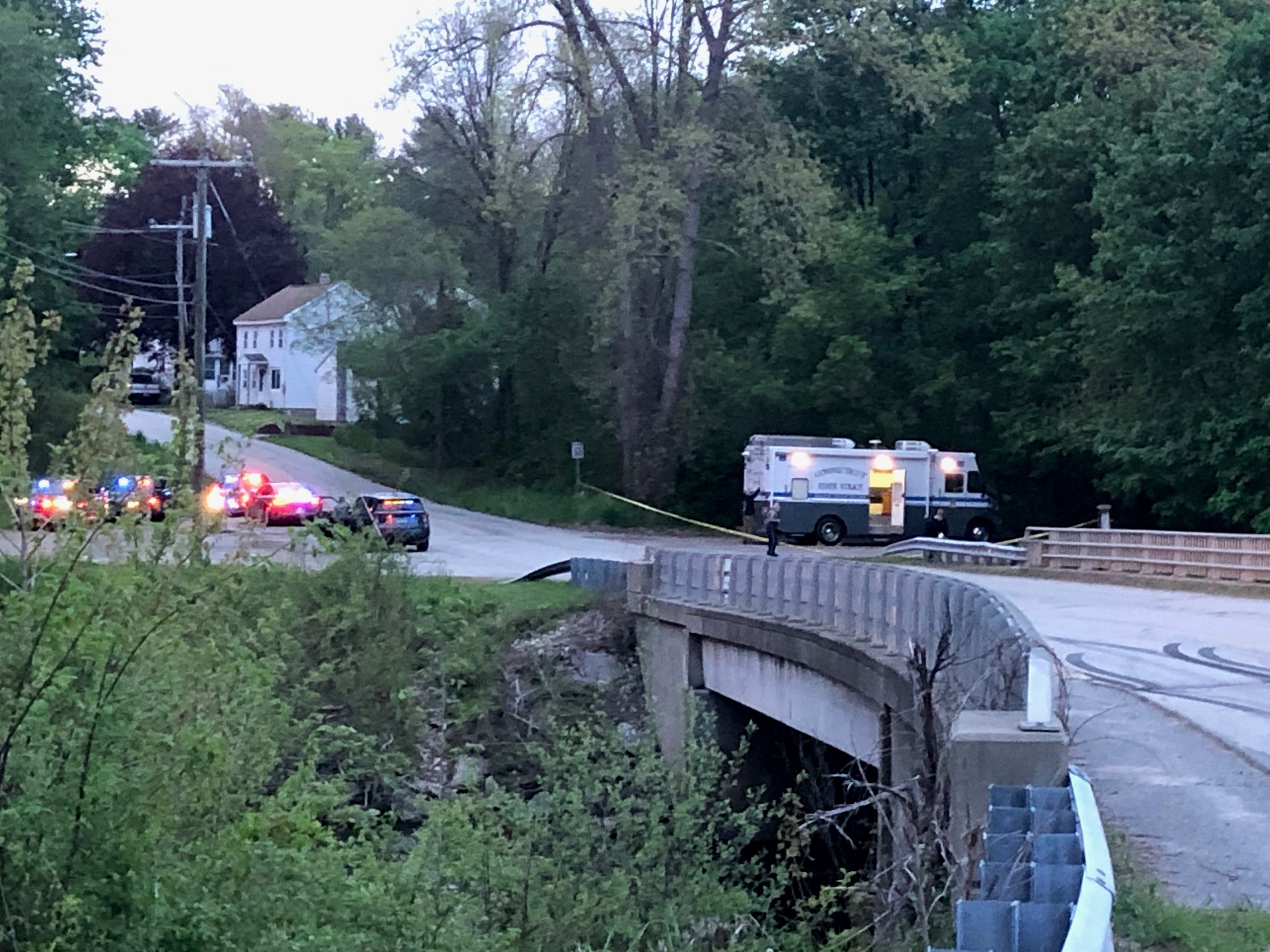It’s a unique experience to be an ICU nurse at Yale New Haven Health during the COVID-19 pandemic.
“It’s hard to put it into words, it’s hard to understand it. No one really gets what we’re going through behind the hospital doors,” said Elisa Gagliardi, a registered nurse in the medical ICU at St. Raphael’s Campus. All of her patients are considered acute care with COVID-19.
Gagliardi says she relies a lot on her coworkers to talk through what she says few others will understand. Every day the St. Raphael’s nurses gown-up for a day that can turn on a dime. There is a focus on patient care, and a lingering fear of the virus.
“Just worrying about exposing yourself and in turn exposing everyone else that’s on the unit. Or bringing it home to your family,” said Gagliardi.
They have to plan ahead when going inside patient rooms to minimize the number of trips in and out. Once inside, they have whiteboards in the rooms and in the hallways to talk to each other.
The patient-to-nurse ratio is up, and the team often finds themselves filling in the gaps, from cleaning outpatient rooms to being the emotional support system for patients whose families aren’t allowed inside. She says families should know they’re there for the patients, doing everything from brushing their hair to holding their hands.
“My first patient didn’t have a phone with him,” said Gagliardi. “So we got him a phone and he was really really upset. So I went home that night and Googled how to get a patient to video chat with his family when you don’t have an iPhone or a computer available.”
Local
She says she figured it out. His wife didn’t know how to download apps and didn’t know how to access email, but she got the two connected.
“So just getting them in touch with each other really, really helped. It made a huge difference.”
They see a lot of sadness in the ICU, and have lost some patients.
“We’re did everything we could for the patients, so that makes it a little easier,” said Gagliardi. “They’re very sick, and our ventilator time before may be a few days, and now we’re trying everything we can… putting patients into a coma, or what we call pronating - putting them on their stomachs so they can hopefully breathe a little bit better. But unfortunately, in the ICU we have those times when we lose our patients.”
So, they lean on each other more, and celebrate when a COVID patient moves out of the ICU.
“We try to be as positive as possible and really celebrating the good moments. I gathered everyone in the hallway and we started a clap line. Every patient gets a balloon and a hand-written card, and we play music. Not only does it help the patient realize they’re doing better and they’re on the right track, but it also boosts the morale of staff.”
As each patient leaves, there’s a team readying rooms for the next one. Shanelle Benton works in environmental services on the Smilow Cancer Hospital’s COVID-19 floors.
“I feel like we play the most important part in the hospital because we keep the germs away,” said Benton. They are specially trained in disinfecting rooms which is critical during a pandemic.
“Maybe some of our staff don’t feel as important because a lot of people see it as just the cleaning staff.”
But she says they are much more. They’re carefully preparing rooms for patients who will be in them alone as they attempt to recover from COVID-19.
They strategically let some rooms sit after a patient leaves so the negative pressure exhausts dangerous air out of the room. Then they suit up in PPE and turn the rooms over. They’re all part of a team on the COVID-19 floors.
“Sometimes the nurses get a little emotional as well, and you know, dealing with that patient and we can be there for them as well.”
They each find the silence of the hospital a different feeling. Sometimes Gagliardi finds a moment to think.
“It’s sad. I don’t – I don’t know how we got here,” she said. “It’s a scary time but I think we’re doing a good job handling it.”
They’ve been at it nearly six weeks. They’re both asking people to stay home and follow the social distancing guidelines so we can all get through this together. The thought of prolonging or starting this medical emergency over is daunting.
“That would be really hard. I’m sure resources would dwindle even more. The emotional stress that this has had on us would only get even worse,” said Gagliardi.
But for now, when the work becomes too much, Benton says she relies on faith.
“I go in a quiet corner, sit back, talk to myself, even pray,” said Benton “And then re-position myself and keep going.”



